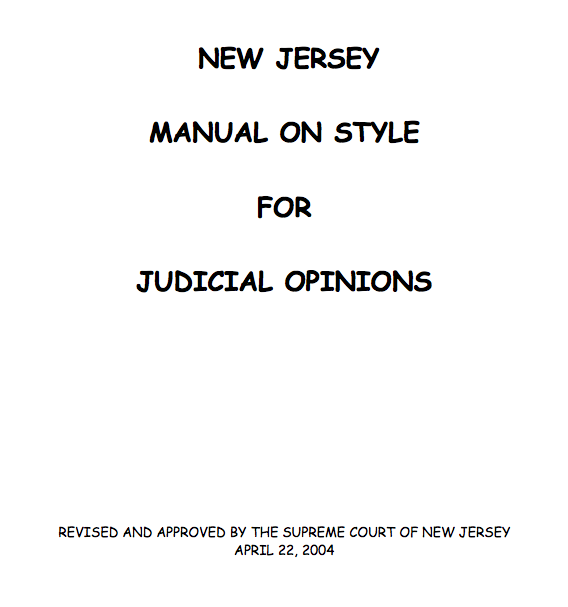![By NASA / JPL / University of Arizona [Public domain], via Wikimedia Commons By NASA / JPL / University of Arizona [Public domain], via Wikimedia Commons](http://crypticphilosopher.com/wp-content/uploads/2014/02/800px-Face_on_Mars_with_Inset-300x211.jpg)
It’s hard to tell, but the Face is expressing great disappointment right now.
Remember when a mysterious rock appeared in front of Opportunity, the rover that has been tooling around Mars for over a decade? It led to a bit of wild speculation as to how it might have gotten there, but scientists tend to take a cautious approach when forming hypotheses.
For one Rhawn Joseph, Ph.D., however, NASA scientists are not speculating nearly wildly enough. He saw the picture of the rock and thought it looked familiar, since (begin sarcasm) an object on Mars will obviously have immediate analogues here on Earth. He claims that he:
immediately recognized that bowl-shaped structure…as resembling a mushroom-like fungus, a composite organism consisting of colonies of lichen and cyanobacteria, and which on Earth is known as Apothecium.
Then he magnified an earlier picture of the same area, saw what he claims are spores, which would grow into an apothecium, and so on. NASA apparently did not come to the same conclusion right away, so he filed a pro se lawsuit seeking a writ of mandamus, by which a court would compel NASA to, um, investigate or something. It would involve “close up photos from various angles” and “microscopic images of the specimen,” for a start. Continue reading





![Murder in the House by Jakub Schikaneder [Public domain], via Wikimedia Commons Murder in the House by Jakub Schikaneder [Public domain], via Wikimedia Commons](http://crypticphilosopher.com/wp-content/uploads/2014/01/800px-Jakub_Schikaneder_-_Murder_in_the_House-300x187.jpg) In case you were worried about all those
In case you were worried about all those ![A Hypocrite and Slanderer by Franz Xaver Messerschmidt [CC-BY-SA-3.0 (http://creativecommons.org/licenses/by-sa/3.0) or GFDL (http://www.gnu.org/copyleft/fdl.html)], via Wikimedia Commons A Hypocrite and Slanderer by Franz Xaver Messerschmidt [CC-BY-SA-3.0 (http://creativecommons.org/licenses/by-sa/3.0) or GFDL (http://www.gnu.org/copyleft/fdl.html)], via Wikimedia Commons](http://crypticphilosopher.com/wp-content/uploads/2014/01/450px-Franz_Xaver_Messerschmidt_002-225x300.jpg) Statements of opinion are protected by the
Statements of opinion are protected by the